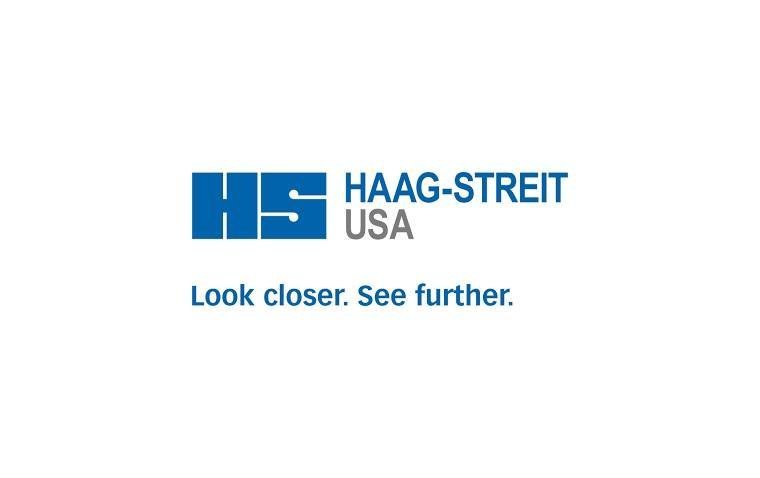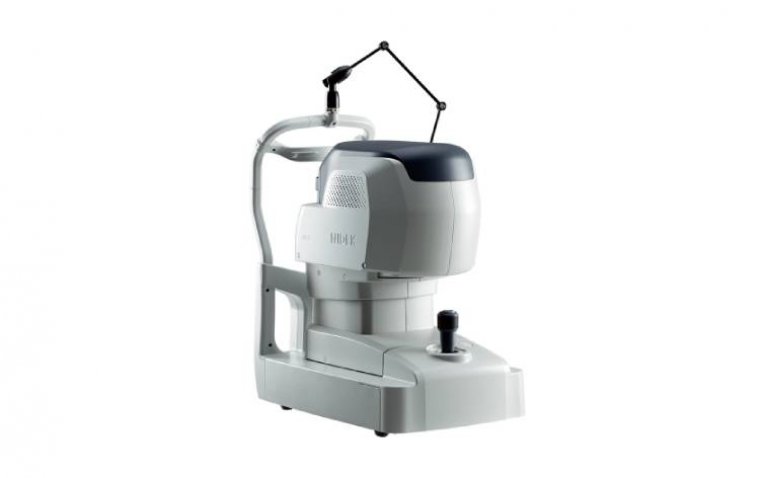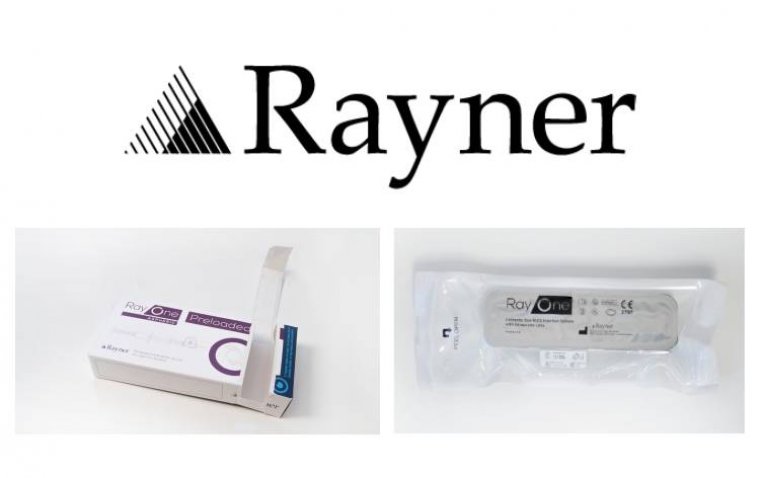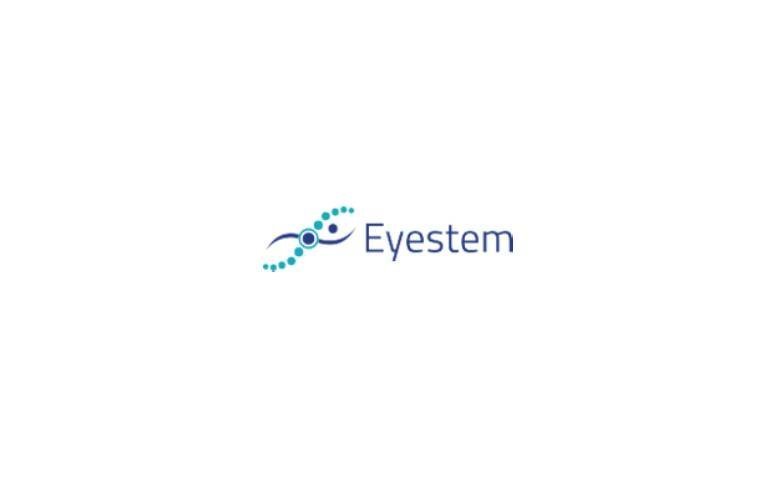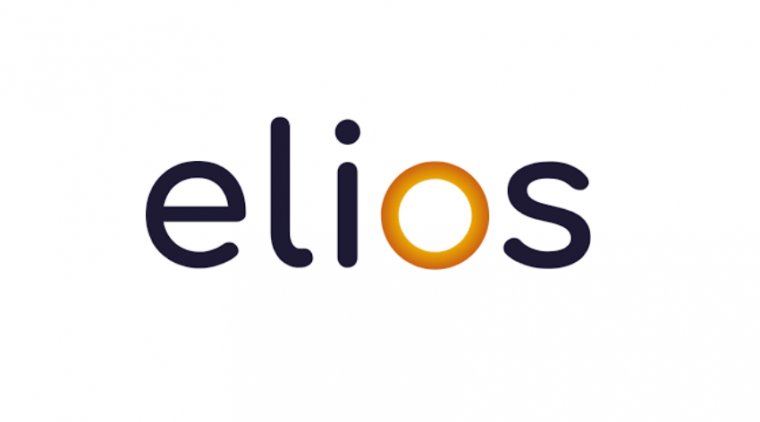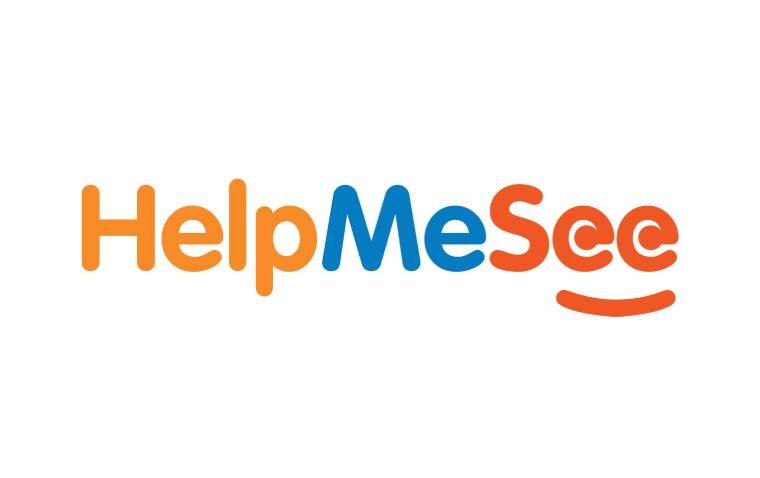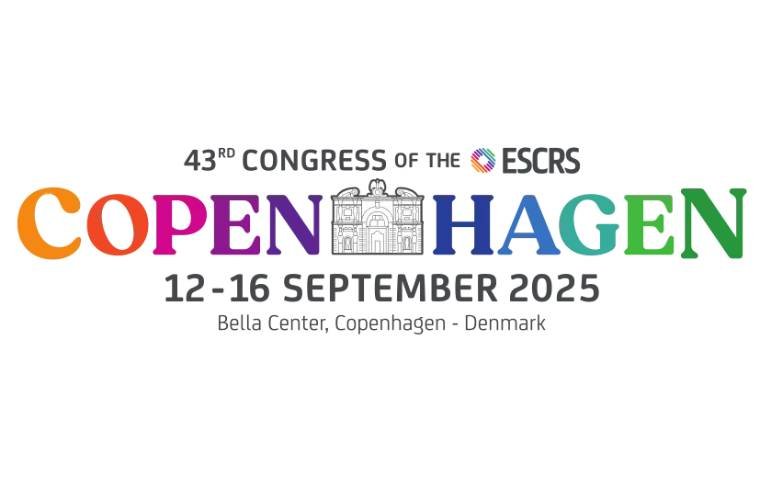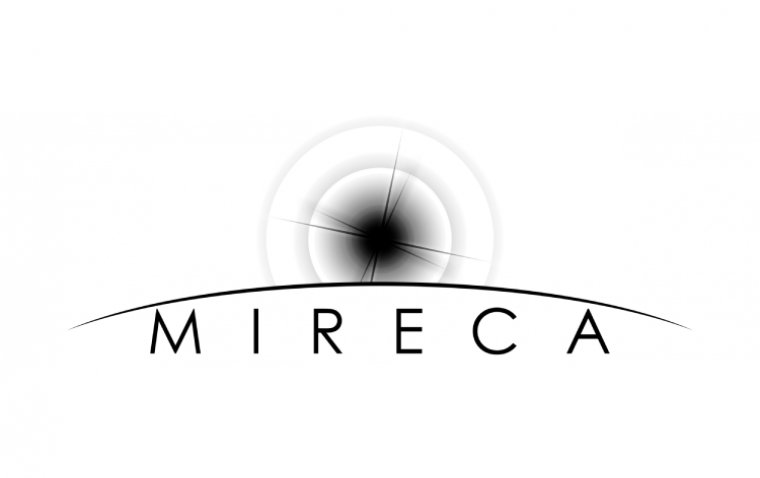
Notal Vision Publishes Positive Results from Pivotal Study on AI Algorithm in Home-Based OCT System
Notal Vision has announced positive results from a pivotal study evaluating an artificial intelligence (AI) algorithm designed to estimate key biomarkers in neovascular age-related macular degeneration (nAMD) using a home-based optical coherence tomography (OCT) system. The findings, recently published in Ophthalmology Science, demonstrate the potential of AI-driven home monitoring for nAMD management.
Study Design: Evaluating AI in Home OCT Imaging
The cross-sectional study included 336 nAMD patients from six U.S. retina clinics, representing a diverse range of co-existing pathological features. According to Notal Vision, this diversity presents significant challenges for AI-based segmentation of nAMD-associated biomarkers.
Key Study Methodology
• Patients independently captured four images each using two home OCT devices, without technician assistance.
• For comparison, patients were also imaged on an in-office OCT device.
• The AI algorithm was designed to detect hypo-reflective spaces (including subretinal and intraretinal spaces) and quantify total retinal hypo-reflective space volumes.
• Home and in-office OCT images were analyzed by expert graders to assess the accuracy of the AI algorithm.
Primary Study Outcomes: AI vs. Expert Graders
The study focused on two key performance measures:
1. Repeatability of the AI algorithm in estimating total retinal hypo-reflective space volumes from home OCT images.
2. Agreement between AI and expert graders in segmenting hypo-reflective spaces.
Key Findings
• The AI algorithm demonstrated strong repeatability in estimating hypo-reflective space volumes from home OCT images.
• AI-based estimates from home OCT scans were more repeatable than those obtained from in-office imaging and expert grading.
• The agreement between AI and expert graders in segmenting hypo-reflective spaces was comparable to the agreement between human graders themselves.
Expert Perspectives on AI in Retinal Disease Management
Eric Schneider, MD, of Tennessee Retina and senior author of the study, emphasized the significance of these findings:
“This is one of the most significant studies related to [AI] and retinal disease management as it led to clearance of the first-ever AI for OCT. It should give retina specialists a great deal of confidence in adopting this patient monitoring program.”
Regulatory Milestone: SCANLY Home OCT and FDA Approval
In May 2024, Notal Vision’s SCANLY Home OCT device was granted De Novo authorization by the U.S. Food and Drug Administration (FDA). Additionally, it received Breakthrough Device designation for patients with wet AMD (nAMD).
Conclusion
The positive results from this pivotal study highlight the potential of AI-driven home OCT systems in enhancing nAMD monitoring and management. With FDA clearance for SCANLY Home OCT, retina specialists now have a validated, AI-supported tool to improve patient monitoring and disease progression tracking from home.
(1).jpg)
